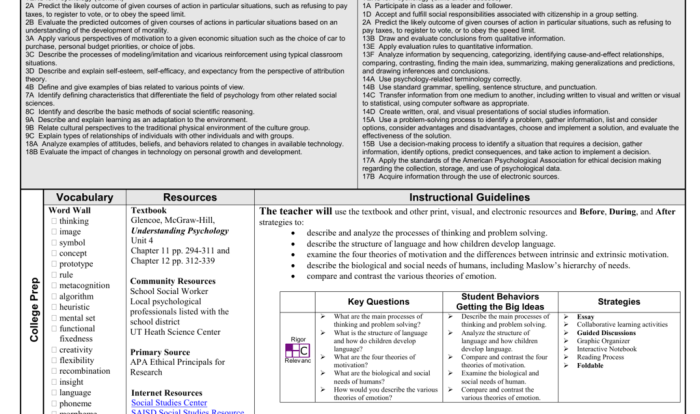McClelland’s need for achievement corresponds most closely to a desire for accomplishment and personal success. It is one of three primary needs identified by psychologist David McClelland, along with the need for power and the need for affiliation. McClelland believed that the need for achievement is a driving force behind many human behaviors, including goal-setting, risk-taking, and performance.
McClelland’s theory of motivation is based on the idea that people are motivated by a desire to achieve goals and accomplish tasks. He believed that people with a high need for achievement are more likely to set challenging goals for themselves, take risks, and work hard to achieve success.
McClelland also believed that the need for achievement can be learned and developed through experiences and interactions with others.
Overview of McClelland’s Need for Achievement
McClelland’s need for achievement is a motivational theory that proposes that individuals possess a desire to accomplish challenging goals and succeed in their endeavors. This need is characterized by a drive to excel, a willingness to take calculated risks, and a focus on personal growth and improvement.
Key features of the need for achievement include a desire for accomplishment, a need for recognition, and a preference for challenging tasks.
McClelland’s Theory and Related Concepts

McClelland’s Theory of Motivation
McClelland’s theory of motivation suggests that individuals are motivated by three primary needs: the need for achievement, the need for affiliation, and the need for power. The need for achievement is the strongest of these three needs and is associated with a desire for success and accomplishment.
Relationship to Other Motivational Factors, Mcclelland’s need for achievement corresponds most closely to
The need for achievement is related to other motivational factors, such as the need for recognition, the need for feedback, and the need for challenge. These factors can influence the strength of the need for achievement and its impact on individual behavior.
Measurement and Assessment of the Need for Achievement

Methods for Measurement
The need for achievement can be measured using various methods, including self-report questionnaires, projective tests, and behavioral observations. These methods assess an individual’s desire for accomplishment, risk-taking propensity, and preference for challenging tasks.
Significance of Measures
Measures of the need for achievement provide insights into an individual’s motivational profile and can be used to predict job performance, career success, and entrepreneurial behavior.
Impact of the Need for Achievement on Behavior: Mcclelland’s Need For Achievement Corresponds Most Closely To
Effects on Individual Behavior
The need for achievement has a significant impact on individual behavior. It influences goal-setting, risk-taking, and performance. Individuals with a high need for achievement tend to set challenging goals, take calculated risks, and strive for excellence in their work.
Examples
- Setting ambitious performance targets
- Seeking opportunities for growth and development
- Taking on leadership roles and responsibilities
Comparison to Other Theories

Maslow’s Hierarchy of Needs
McClelland’s need for achievement is similar to Maslow’s need for self-actualization in that both theories emphasize the importance of personal growth and achievement. However, McClelland’s theory focuses specifically on the desire for accomplishment, while Maslow’s theory includes a broader range of needs, including physiological, safety, and social needs.
Similarities and Differences
| McClelland’s Need for Achievement | Maslow’s Need for Self-Actualization | |
|---|---|---|
| Focus | Desire for accomplishment | Personal growth and fulfillment |
| Key Features | Goal-setting, risk-taking, preference for challenging tasks | Self-awareness, authenticity, creativity |
| Hierarchy | Not applicable | Top of the hierarchy |
Applications and Implications

Practical Applications
McClelland’s theory of achievement motivation has practical applications in organizational settings. It can be used to:
- Identify and recruit high-achieving employees
- Create work environments that foster achievement
- Motivate employees to set challenging goals and strive for excellence
General Inquiries
What is McClelland’s need for achievement?
McClelland’s need for achievement is a desire for accomplishment and personal success.
How does McClelland’s theory of motivation differ from other theories?
McClelland’s theory of motivation is unique in that it focuses on the need for achievement as a primary motivator.
How can McClelland’s theory be used to improve motivation in the workplace?
McClelland’s theory can be used to develop training programs, performance management systems, and other interventions designed to enhance motivation and performance.

